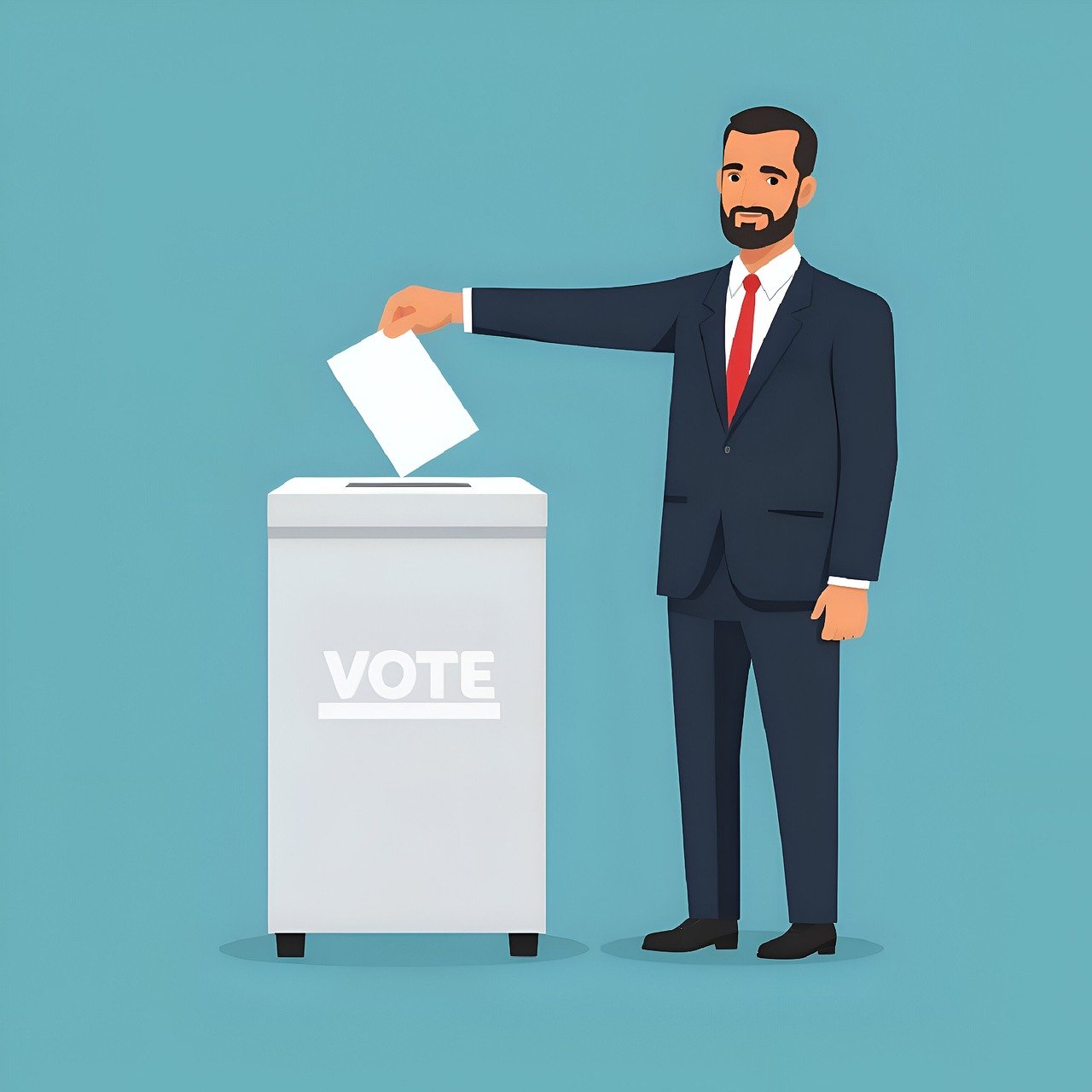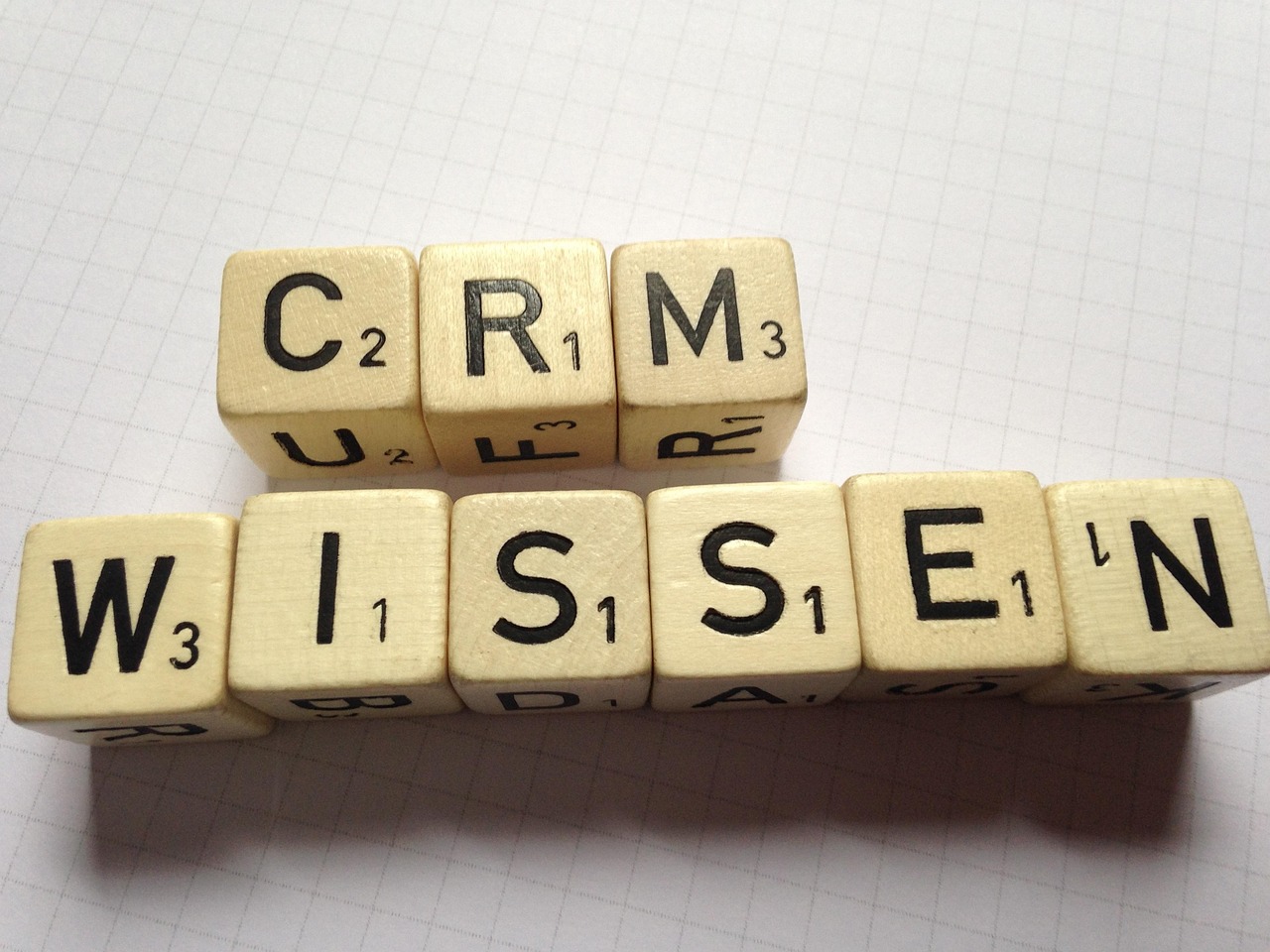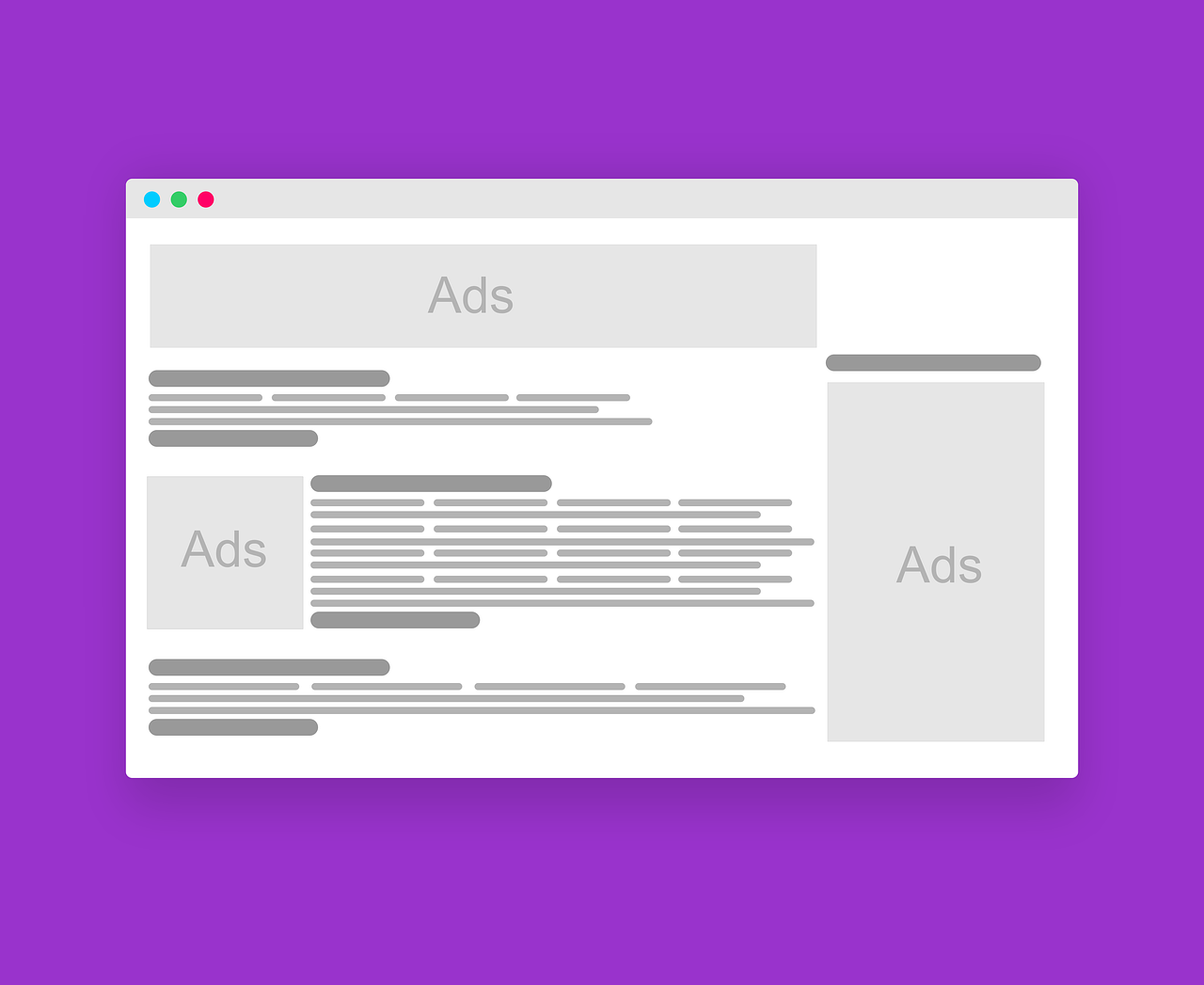None

Brief news summary
Campaigns for state and local office are increasingly turning to artificial intelligence (AI) tools—text, photos, videos, and audio—to streamline tasks and save time and money. However, concerns arise regarding AI-generated falsehoods and deepfakes that may deceive voters. Candidates in down-ballot races often lack the resources and expertise to effectively combat these AI attacks. Regulatory efforts surrounding AI in politics have been limited, potentially affecting lower-profile races. While state laws tackling election-related deepfakes have garnered bipartisan support, federal legislation falls behind. AI tools can be invaluable to some candidates but raise worries regarding authenticity and integrity of the content produced. The decline of local news outlets compounds the challenge of distinguishing fact from fiction. Therefore, strategies must be developed to identify and counter AI-generated misinformation, as the use of AI in political races is expected to rise.Artificial intelligence (AI) is increasingly being used to create and spread content in state and local political campaigns. In one notable example, AI was used to create a deepfake video targeting Adrian Perkins, the mayor of Shreveport, Louisiana, during his reelection campaign. The video depicted Perkins as a high school student being reprimanded for his failures as mayor. Perkins believes the deepfake ad was one of the reasons he lost the race. The use of AI in campaigns raises concerns about the spread of misinformation, particularly in lower-profile races where candidates may lack the resources to combat misleading content. Local candidates have already faced criticism for using AI in misleading ways, such as altering their appearance or promoting fake news stories. The decline of local news outlets further exacerbates the issue as there is less coverage and scrutiny of candidates. While efforts to regulate AI in politics have been limited, more than a third of states have passed laws on the matter.
However, Congress has yet to take action. The impact of AI in campaigns varies depending on the resources and expertise of the candidates. Some candidates find AI tools invaluable for their campaigns, helping to save time and money. However, there are concerns that AI-generated falsehoods could influence close races decided by narrow margins. As AI becomes more prevalent in politics, the challenge lies in differentiating between truth and manipulation. Local-level elections face greater challenges in fighting back against AI attacks due to limited resources. While both the Biden and Trump campaigns are experimenting with AI, down-ballot campaigns face significant disparities in staffing, funding, and expertise compared to federal-level races. The story concludes by emphasizing the need for more scrutiny and regulation surrounding AI in politics.
Watch video about
None
Try our premium solution and start getting clients — at no cost to you

I'm your Content Creator.
Let’s make a post or video and publish it on any social media — ready?
Hot news

The Rise of the AI Marketing Cloud: A Deep Dive i…
Date: January 2, 2026 Introduction Entering 2026, the fusion of artificial intelligence and marketing technology has shifted from experimentation to industrial-scale application

AI in Video Analytics: Unlocking Insights from Vi…
Artificial intelligence is transforming video analytics by equipping businesses with powerful tools to extract valuable insights from massive amounts of visual data.

AI and SEO: A Perfect Match for Content Optimizat…
Artificial intelligence (AI) is transforming content optimization, playing a crucial role in enhancing search engine performance and boosting user engagement.

ServiceNow Reimagines CRM for the AI Era to Sell,…
ServiceNow has launched a revolutionary Customer Relationship Management (CRM) platform tailored for the AI era, representing a major advancement in how businesses manage and improve customer interactions.

Meta's Acquisition of Manus AI Valued at $2 Billi…
Meta, the technology giant formerly known as Facebook, has made a major move in the artificial intelligence sector by acquiring the startup Manus.

The biggest SEO lessons in 2025 for publishers
According to Ed Hyatt, director of newsroom SEO at The Wall Street Journal, the fundamentals of SEO remain the same: being intentional with content and audiences, focusing on building authority in key topics, and maintaining brand focus.

AI-Powered Video Editing Tools Revolutionize Cont…
AI-powered video editing tools are fundamentally transforming content creation, ushering in a new era of video production.
AI Company
Launch your AI-powered team to automate Marketing, Sales & Growth

and get clients on autopilot — from social media and search engines. No ads needed
Begin getting your first leads today








